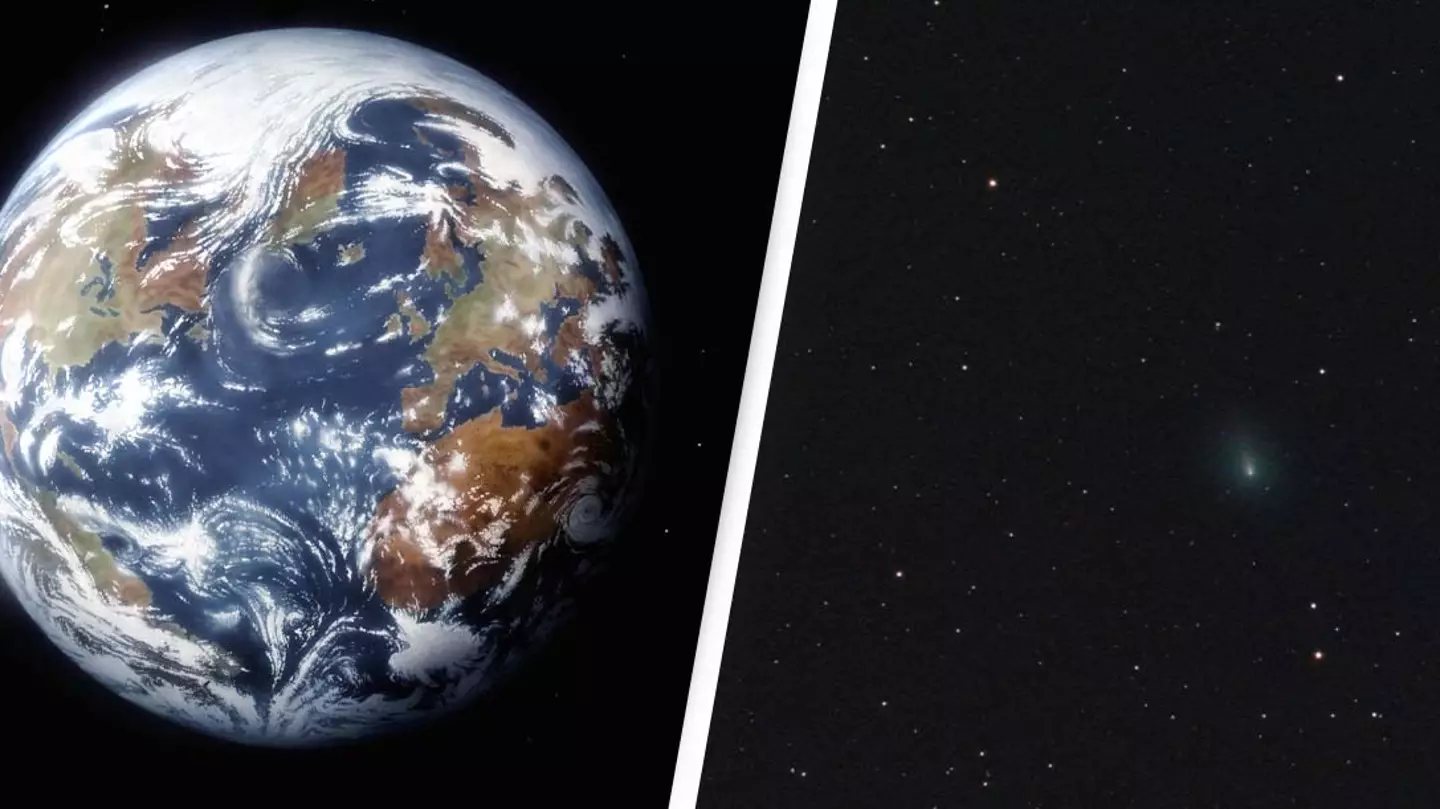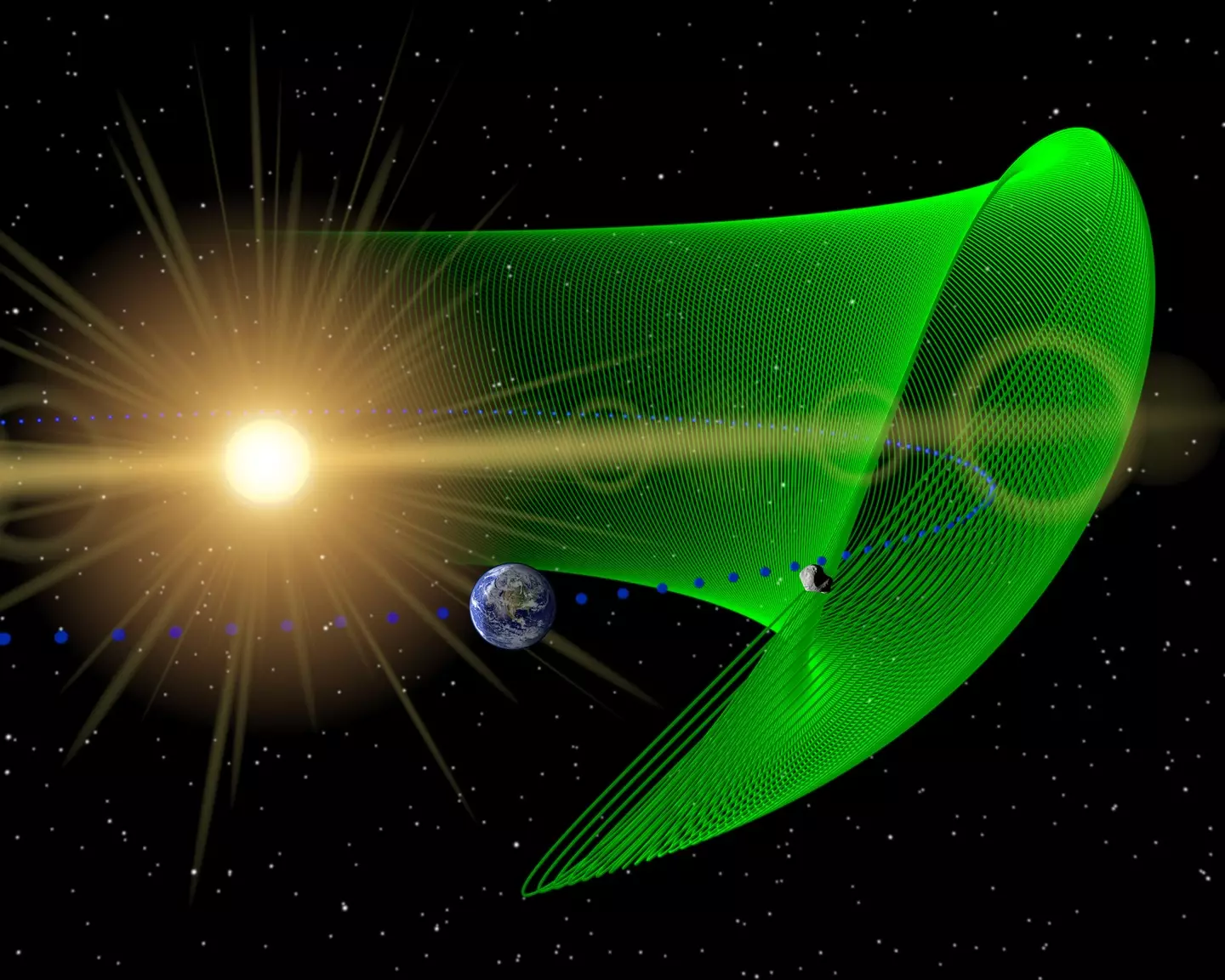
Scientists have revealed that Earth is being pursued by a 'Trojan asteroid,' which is the second object of its kind to ever be discovered.
On December 12, 2020, scientists observed an object which looked like it was an Earth Trojan.
Since having studied the object's orbit, the status of the Trojan asteroid has since been confirmed, and coined the 2020 XL5.
Trojan asteroids travel just in front or behind the world they are attached to, sharing their orbit with a planet, The Independent reports.
The asteroids which have been found before have taken their names from figures from the Trojan War and were first found located around the planet Jupiter.
Advert
While some asteroids have been uncovered previously, only one has been sighted in orbit with Earth, called the 2010 TK7.
Researchers not only think that the latest to be discovered is more promising than the 2010 TK7, but that it could also end up being a good location for 'human bases' allowing for visitations.

Unable to confirm whether the Trojan asteroid started its life further out in the solar system in the main asteroid belt or if it, upon interacting with the gravity of Jupiter, was discarded, scientists have still been left unsure as to where it first originated.
However, the researchers' observations of the asteroid's orbit show clearly where it is heading. For another 4,000 years, the asteroid is anticipated as remaining in Earth's orbit.
Moreover, the asteroid is thought to be mostly made up of carbon, and subsequently a C-complex type asteroid.
The Trojan asteroid has since been named 2020 XL5 and is described as being bigger than the 2010 TK7, as well as requiring less fuel to visit.
The authors reflected: 'Therefore these objects may become ideal targets for space missions and, in the more distant future, to settle human bases or install scientific hardware that would benefit from their peculiar location.'
The study, titled 'Orbital stability analysis and photometric characterization of the second Earth Trojan asteroid 2020 XL5' is published in Nature Communications.
If you have a story you want to tell, send it to UNILAD via [email protected]